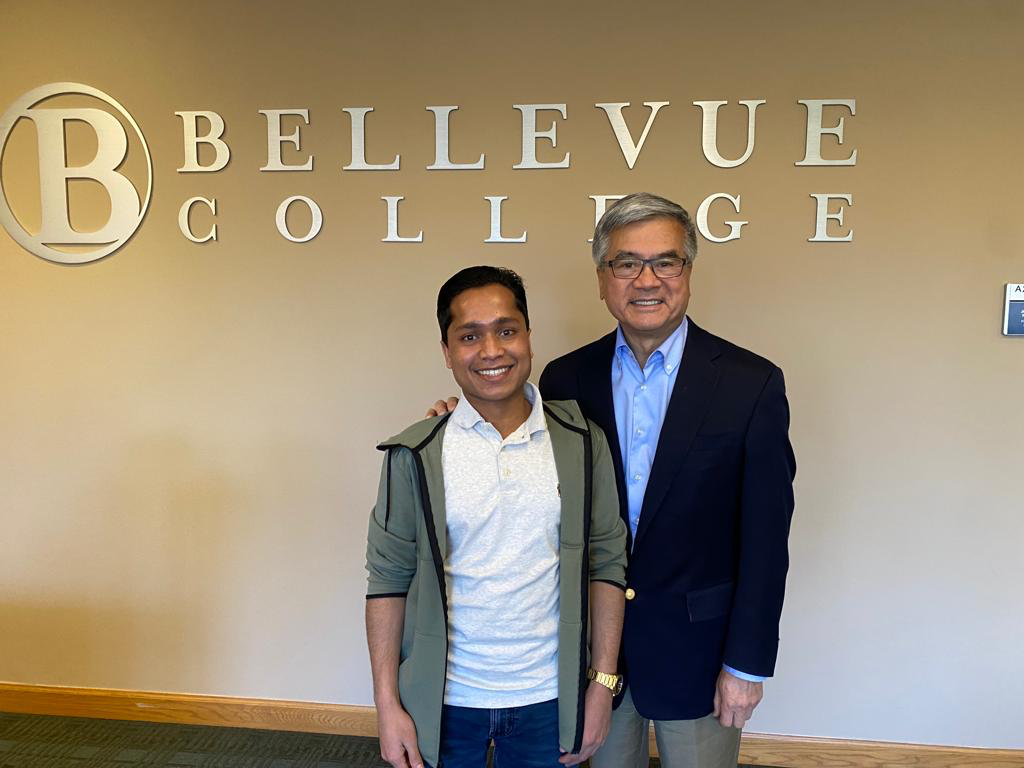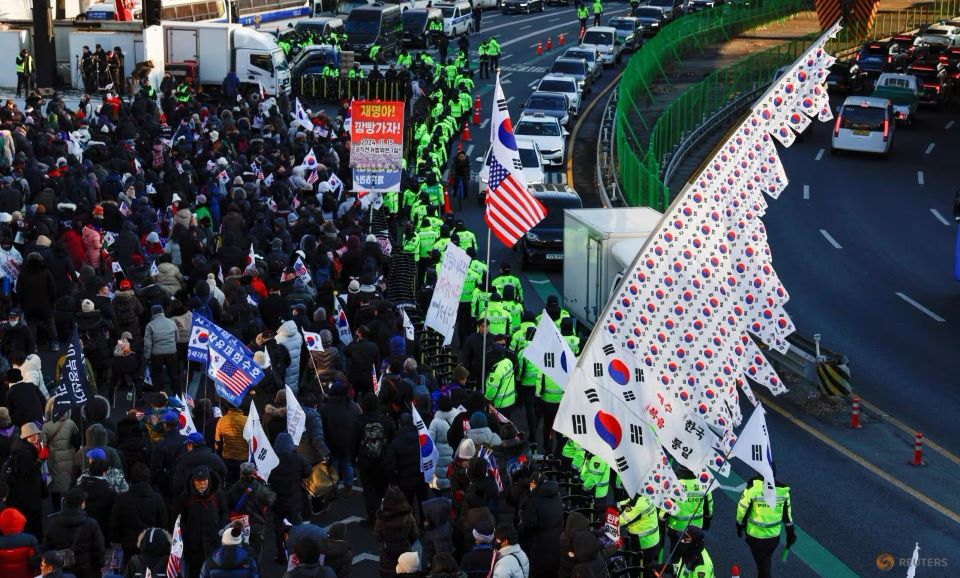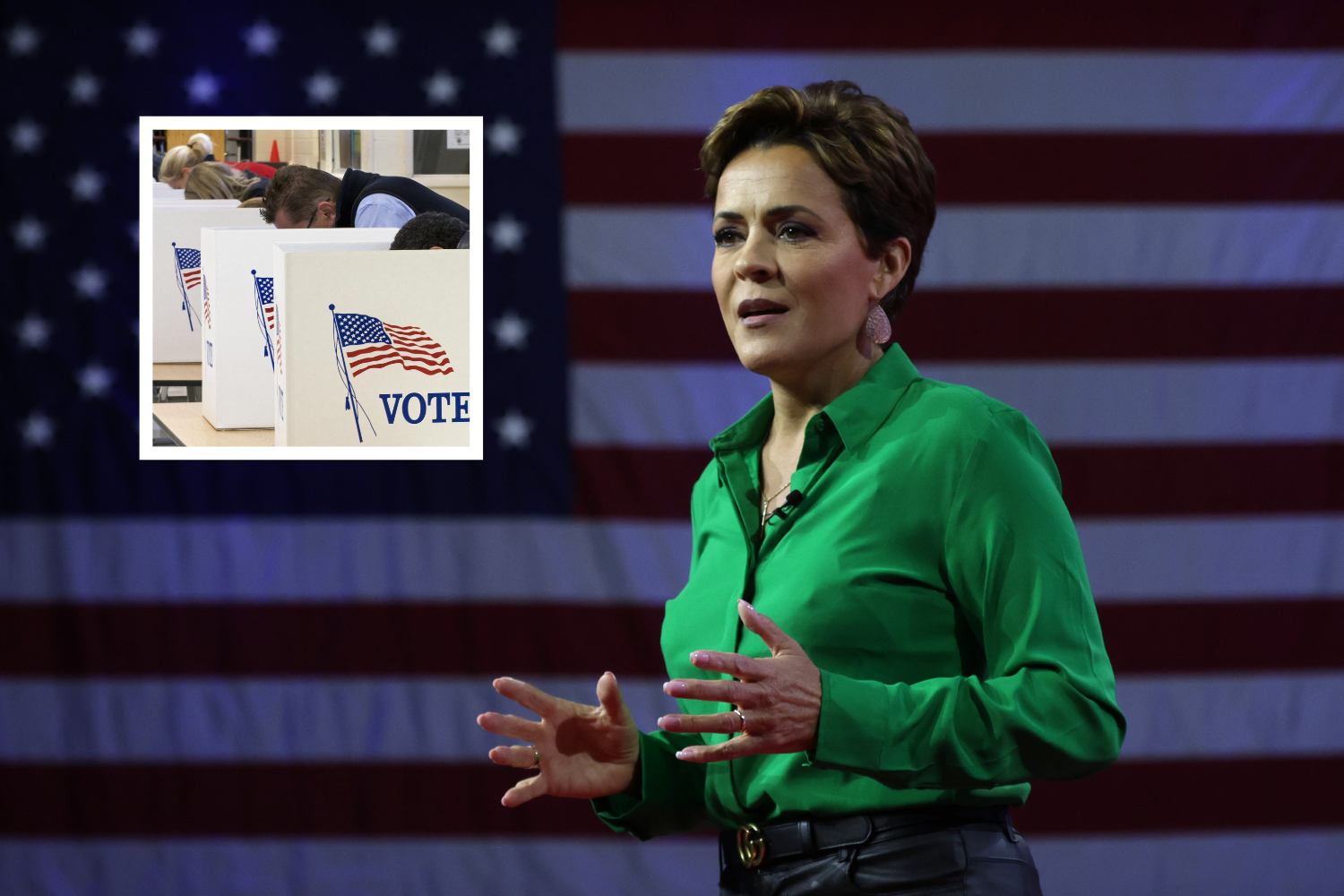Mohamad Imran
BELLEVUE — Every year, the Washington State Association of College Trustees (ACT) honors community and technical college students with the Transforming Lives Award, which recognizes “current or former students whose lives have been transformed by pursuing higher education at a community or technical college.”
Bellevue College’s (BC) Mohamad Imran was one of six students statewide to receive it.
“Mohamad’s journey to higher education—and his work on behalf of his family and the Muslim Rohingya people—serves as an inspiration to us all,” said Merisa Heu-Weller, chair of the BC Board of Trustees. “He’s overcome inconceivable obstacles to transform his life, but in the process, he’s transformed our lives as well. No one who hears his story will ever forget it.”
“I’m really honored for the opportunity,” Imran said about the award, adding that this honor extends to representing the school and his Muslim Rohingya community.
From Myanmar to Mercer Island
As a Muslim Rohingya, Imran was smuggled out of his home country of Myanmar when he was 12 and put on a boat set for Malaysia. His parents had sent him on his own to escape the genocide being committed against their community in Myanmar. They were told the journey would take about a week; in reality, Imran spent about five months on an overcrowded boat filled with starving, sick and dying people.
“At one point, I was very, very sick,” Imran said. Alone and missing his family, he often thought he would be the next person to die.
When Imran finally reached land, it was in Thailand, where he walked through the jungle to reach Malaysia. Once there, he ended up in a restaurant, but since he didn’t speak the local language—and after having spent almost half a year on a boat without so much as being able to shower or change his clothes—the restaurant owner called the police on him. And when the police arrived and handcuffed him, it became obvious he also hadn’t eaten much in those five months either.
“My (wrists) were so skinny, the handcuffs fell off,” Imran said.
He ended up being detained for about a year. Even with representatives from the United Nations working on his behalf to get him out from behind bars, that still took time. Imran was 14 when he was released. This was also when he was finally able to contact his family.
“They thought I died,” Imran said. They had even held a funeral for him. “They were really happy to hear from me.”
Eventually, he applied and was able to come to the United States, ending up with a foster family on Mercer Island. Imran, who’d had very little previous education, not only learned to speak English, but also to read and write the language. In about five years, he pushed himself and was able to graduate from Mercer Island High School.
“It was extremely difficult,” Imran said about his early years in the United States. But he had help from the Mercer Island community. “I’m really proud of what I have done.”
More important than any degree
Now 21, Imran is in his second year at BC, pursuing his associate degree. In his statement for the Transforming Lives award he wrote, “Through education, my dream is to help the Rohingya people finally have a place to call home because they are dying to be seen.”
Imran’s goal is to earn his master’s degree in business administration (he’s looking at the University of Washington and Seattle University) and find a way to help his people back home—and others who are suffering around the world. To that end, he’s realized the importance of making connections.

Mohamad Imran and Gary Locke
Since arriving at BC, one of those connections he’s made is with former Washington state governor and BC interim president Gary Locke, who has helped bring one of Imran’s brothers to Washington. Imran said the help, kindness, and support he’s received from Locke and others has been more important to him than any degree he could earn. It has helped him feel like he’s in the right place and that he belongs here.
Imran’s brother, who is 15, arrived in December and lives with a foster family in Kent. The story about their reunion was recently featured on KING 5.
While the rest of Imran’s family—his parents, two brothers and two sisters—were able to escape from Myanmar in 2017 and settle in a refugee camp in Bangladesh, things are still not great. They’re safe from the genocide, but Imran said the camp is overcrowded, and there’s not a lot of access to basic needs such as health care and clean water.
“They’re surviving there,” he said.
In addition to being a student, Imran also works part-time and sends about half of his paycheck back to his family. And now, as a recipient of the Transforming Lives Award, he plans to use the $500 from the award to help the refugees in Bangladesh.












.jpg&h=630&w=1200&q=100&v=5f99a4b43f&c=1)







Discussion about this post